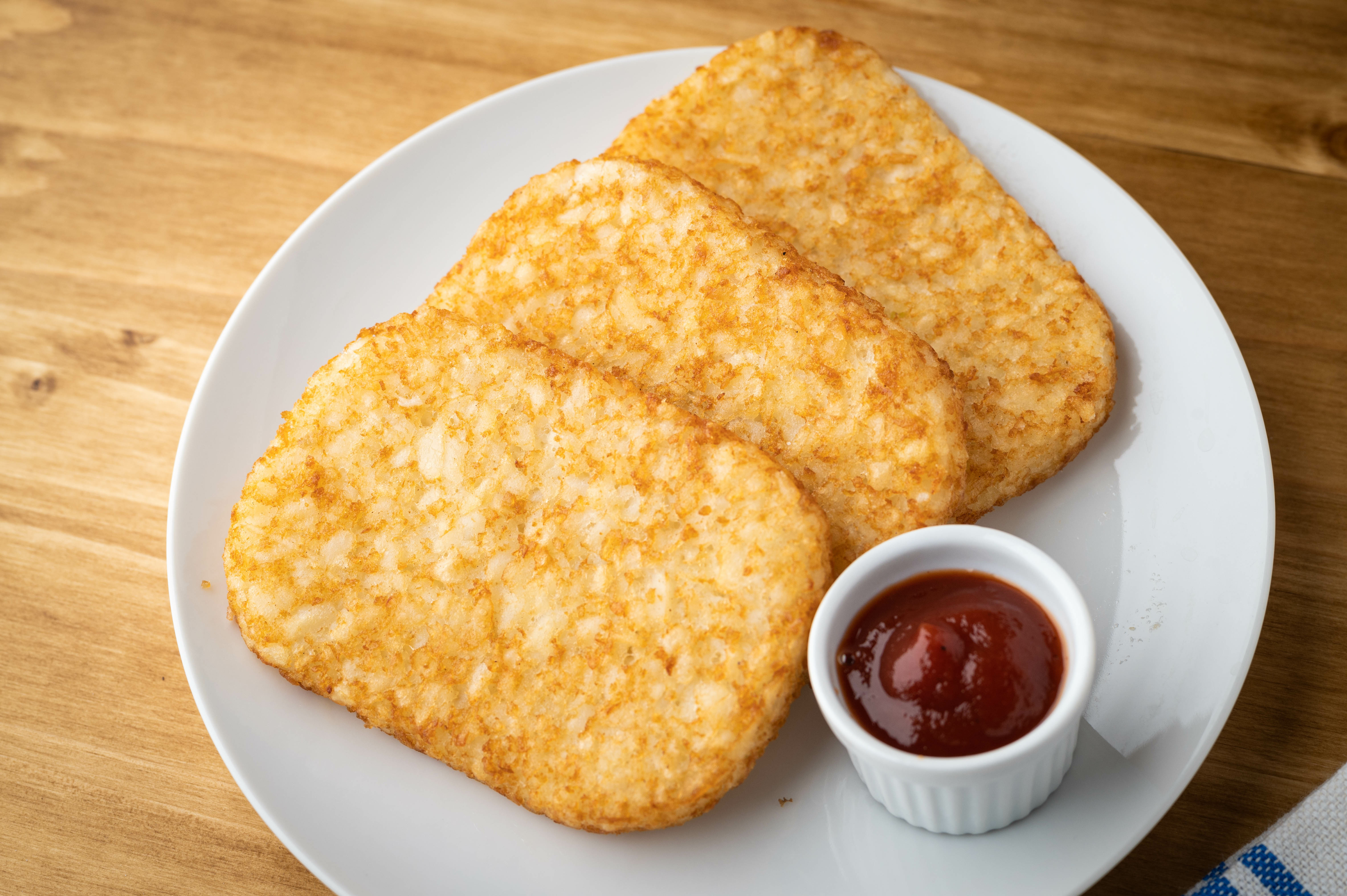
McDonald’s, an emblem of fast-food culture worldwide, offers a diverse menu that caters to various tastes and preferences. Among its breakfast offerings, the hash brown stands out as a popular choice known for its crispy exterior and satisfying taste. However, beyond its appeal, understanding the nutritional content of McDonald’s hash browns is essential mcdonald’s hash brown nutrition for making informed dietary decisions. This article provides a comprehensive analysis of the nutritional profile of McDonald’s hash browns, examining their ingredients, calorie content, fat composition, sodium levels, and their implications for overall health.
Ingredients and Preparation
McDonald’s hash browns are made from shredded potatoes mixed with seasonings and additives to enhance flavor and texture. These ingredients are shaped into patties and then deep-fried to achieve a golden brown crispiness, which is characteristic of McDonald’s hash browns.
Calorie Content and Macronutrients
Caloric Breakdown
Each McDonald’s hash brown typically contains about 150 calories. The majority of these calories come from the frying process, as potatoes themselves are relatively low in calories. The absorption of oil during frying significantly contributes to the overall calorie content.
Fat Profile
One hash brown contains approximately 9 grams of fat, with a significant portion being saturated fat. Saturated fats, when consumed excessively, can increase cholesterol levels and contribute to heart disease. The frying process contributes to the higher fat content of McDonald’s hash browns.
Carbohydrates and Fiber
McDonald’s hash browns are primarily carbohydrate-based, providing around 15 grams per serving. However, they are low in fiber due to processing methods. This can lead to rapid spikes in blood sugar levels, particularly for individuals with diabetes or insulin resistance.
Sodium Content
One of the notable concerns about McDonald’s hash browns is their sodium content. A single hash brown can contain up to 310 milligrams of sodium. Excessive sodium intake is linked to hypertension and other cardiovascular issues, underscoring the importance of moderation, especially for individuals monitoring their sodium intake.
Vitamins and Minerals
While McDonald’s hash browns do not serve as a significant source of essential vitamins and minerals, they do contain small amounts of potassium and iron from the potatoes used. However, their nutritional contribution is minimal compared to their calorie and fat content.
Comparison with Other Breakfast Options
Nutritional Comparison
Compared to other breakfast items available at McDonald’s, such as Egg McMuffins or oatmeal, hash browns tend to be higher in calories and fat, while lacking the protein and fiber found in alternatives like eggs or whole grains. This comparison emphasizes the importance of considering overall nutritional balance when selecting breakfast items.
Homemade vs. Fast Food
Homemade hash browns can offer a healthier alternative to McDonald’s hash browns by reducing the amount of oil used in cooking and incorporating fresh ingredients. This homemade approach can lower calorie and fat content while potentially increasing fiber and nutrient density, making it a preferable choice for those prioritizing health-conscious eating.
Health Considerations and Dietary Guidelines
Incorporating Hash Browns in Moderation
Despite their nutritional drawbacks, enjoying a McDonald’s hash brown occasionally can fit into a balanced diet. Moderation is key, especially considering the calorie, fat, and sodium content of fast-food items like hash browns.
Dietary Guidelines
According to dietary guidelines, limiting the intake of high-calorie, high-fat, and high-sodium foods such as McDonald’s hash browns is recommended. Instead, focusing on a diet rich in fruits, vegetables, lean proteins, and whole grains promotes overall health and well-being.
Conclusion
McDonald’s hash browns are a popular breakfast choice known for their crispy texture and satisfying taste. However, they are also high in calories, fat, and sodium, which can contribute to health issues if consumed excessively. Understanding the nutritional profile of McDonald’s hash browns enables consumers to make informed decisions about their dietary choices. Whether enjoyed occasionally or substituted with healthier alternatives, awareness of the nutritional content of McDonald’s hash browns is crucial for maintaining a balanced approach to eating.
Future Trends and Consumer Awareness
Looking ahead, there is a growing trend towards healthier fast-food options and increased consumer awareness regarding nutritional transparency. Fast-food chains, including McDonald’s, are responding by offering more nutritious choices and providing clearer nutritional information to help consumers make informed decisions about their food selections.